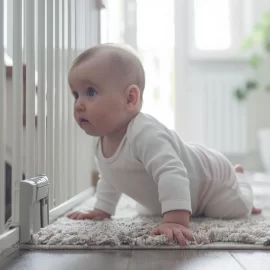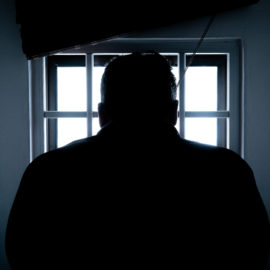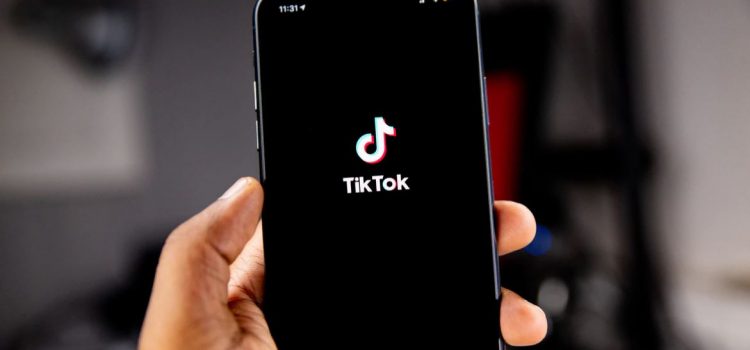

This article gives you a glimpse of what you can learn with Shortform. Shortform has the world’s best guides to 1000+ nonfiction books, plus other resources to help you accelerate your learning.
Want to learn faster and get smarter? Sign up for a free trial here .
Is TikTok really as bad as some people claim it is? How does the social media app affect mental health? What makes TikTok more dangerous than its social media predecessors?
In the past few years, TikTok became the most popular website in the world—It grew to unprecedented numbers. However, the rise in these short-form videos also brought about the rise in mental health issues, addiction, bullying, and more.
Here’s why you might want to think about deleting the TikTok app from your phone.
An Overview of TikTok
In 2021, TikTok overtook Google as the year’s #1 website. It overtook Google. A fact like that is hard to wrap your head around. TikTok has over 1 billion active monthly users, which is about 13% of the entire world.
Any app with that kind of reach is guaranteed to have a significant impact on the world, whether good or bad. And, unfortunately in the case of TikTok, the negative impacts far outweigh the positive ones.
A Super Brief History
Just in case you’re not familiar with TikTok’s history, here’s the TL;DR version. A Chinese tech company called ByteDance acquired the app Musical.ly in 2017. Musical.ly was essentially an app for teens to lip-sync to popular songs, but the app didn’t do very well.
After ByteDance acquired Musical.ly, they combined it with their social media app “Douyin” to create the early version of TikTok, which they released globally.
But how did it grow so huge, so quickly? There are a number of contributing factors, but one of the biggest is timing. TikTok grew exponentially during the pandemic because people were forced to stay home, and many passed the time by either consuming or creating TikTok content.
In October of 2019, TikTok had almost 40 million users and by June of 2020, TikTok more than doubled at over 90 million users.
Additionally, TikTok’s primary demographic is Gen Z, which makes up close to 50% of the app’s user base, and it has a 2:1 female to male ratio. This means that TikTok’s primary audience is young girls.
Why TikTok Is Harmful
Since TikTok exploded so quickly, research is still being done on the effects it has on society and mental health. However, there are some things we do know about TikTok: it’s addictive, it can negatively impact mental health, it sets unrealistic standards, and it’s a hot spot for cyberbullying.
Below, we’ll dive into each of the above issues.
TikTok Is Addictive
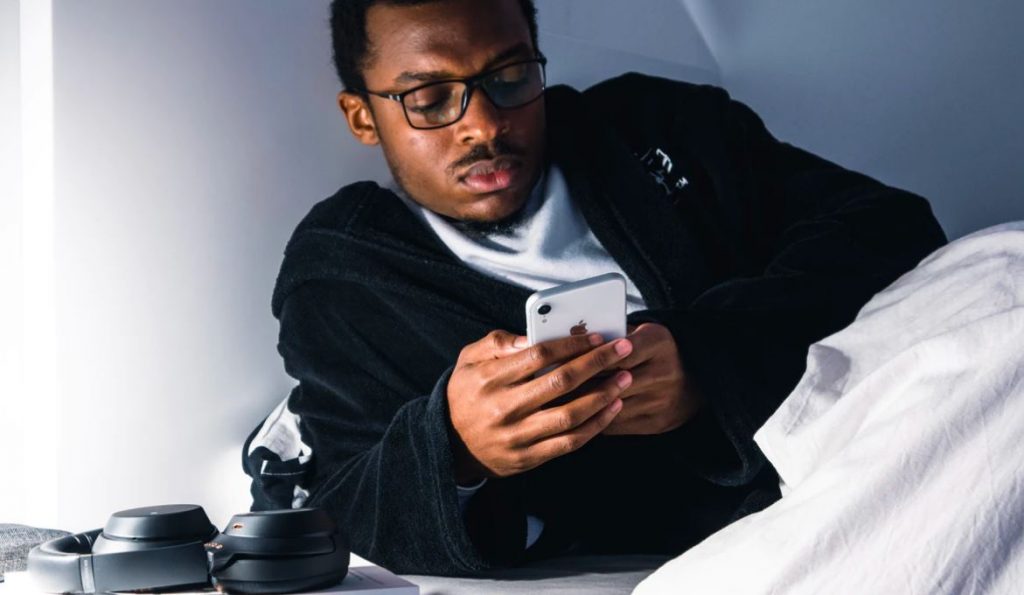
On average, TikTok users spend 52 minutes per day on TikTok. The app is hugely addictive due to two main factors: the adaptive algorithm and its unpredictability.
The Algorithm
The place where most TikTok users spend their time is on the “For You Page.” Essentially, TikTok’s algorithm is designed to add daily active users by focusing on retention and time spent. It’s specifically made to get you addicted by learning your tastes, sexual orientation, mental health status, and other sensitive information, and then taking advantage of them.
Reinforcement
Another reason TikTok is so addictive is because of “random reinforcement” or “unpredictable rewards.” This is when your brain anticipates a reward, and when you get one, it releases the pleasure-chemical dopamine. Random reinforcement is the underlying factor of many addictive behaviors, such as gambling.
When you scroll down your “For You Page” on TikTok, you’re hoping to find content that triggers this dopamine release. You may scroll through endless videos that you find boring before you find one entertaining. It’s deliberately designed to be that way, but it’s that one entertaining clip that will keep you scrolling for more. Many people find themselves losing track of time on TikTok before snapping back to reality. This behavior is further encouraged through TikTok’s infinite scrolling feature.
TikTok Causes Attention Span Issues
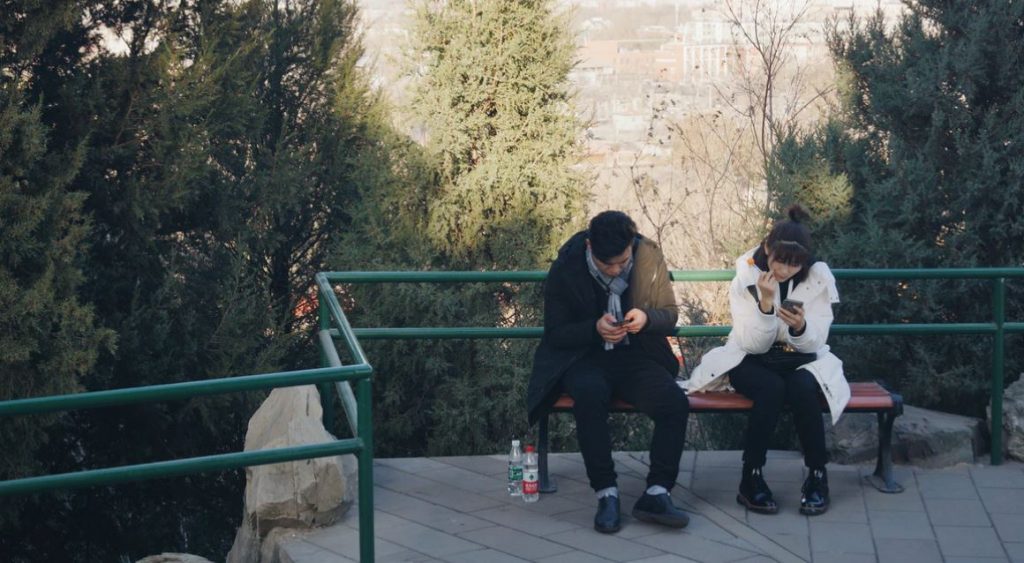
Do you find yourself easily distracted these days? Do you struggle to focus on a single task without picking up your phone every 30 minutes or so? As it turns out, TikTok may be partially to blame for that as well.
The TTUD Study
In 2021, the International Journal of Environmental Research and Public Health did a study of what they called “TikTok Use Disorder” or TTUD. What they discovered pretty much confirmed what everyone already suspected, that those addicted to TikTok displayed worse memory recall than those who weren’t addicted.
In short, the TTUD study took a large sample of students who regularly use TikTok and tested their memories. The students who scored higher on the TTUD scale (and thus are “addicted” to TikTok) scored worse on the memory recall test. This group of students also showed higher rates of anxiety and depression.
While it is possible that the study was a case of correlation vs. causation (perhaps the students were already depressed or anxious and turned to TikTok for relief), there is no doubt that TikTok, poor mental health, and loss of attention span are connected.
Patience Is Waning
Odds are, you were told growing up that hard work and perseverance are major factors in achieving success. Unless you were born into wealth, you know that becoming rich and successful isn’t easy. Unfortunately, the generations growing up with TikTok don’t see success the same way.
In a Forbes article, Dr. Julie Albright explains multiple situations where young children expect success to be instantaneous. One student told her that if she didn’t become a successful songwriter within three months, she would give up. Albright also described a situation where her coworker was asked by one of his students how she could step into a job like his (a senior vice president).
The younger generation (mostly Gen Z and Gen Alpha) are used to seeing TikTok stars who seemingly rise to fame and become wealthy almost overnight. However, TikTok fame is often a combination of luck and hard work—and despite popular belief, being TikTok famous usually doesn’t pay well, if it even pays at all.
What appears to be an easily-slapped-together, 30-second video often requires hours of prepping, filming, and editing. But TikTokers put in the work because they dream of the day they can make money from their content. The sad reality is that many TikTokers end up using the small amounts of money they earn on videos to buy materials for future videos. For most, being a TikTok star isn’t as lucrative as it appears.
So what the younger generation sees is far from reality. And if kids are growing up believing that success happens overnight, then they’re going to be perpetually dissatisfied in their careers.
Reduced Productivity
One of the biggest problems with TikTok is how much of your time it steals. If the average time spent on TikTok per day is 52 minutes, that adds up to about 7 hours per week—which is about 364 hours per year, or about 15 whole days. And that’s just the average. There are plenty of people who use the app a lot more than that. Think of what you could do with two more weeks in your year. That’s a whole vacation! And what did you get in return? Some mindless videos to distract you from real life.
TikTok and Mental Health
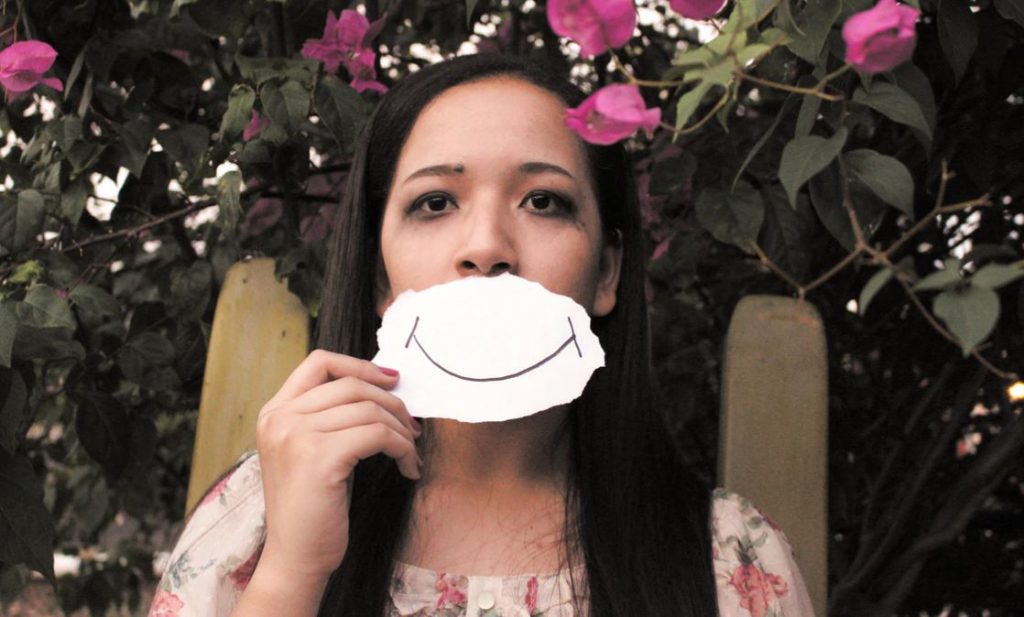
First off, let’s be clear that not all TikTok videos are bad for mental health. Some TikTok viewers use the app to find a place of belonging and to discover communities that help them work through difficulties in life.
Most of the mental health issues caused by TikTok are unintentional side effects. TikTok sets unrealistic beauty and lifestyle standards, it promotes self-diagnosis, and it’s a hotspot for cyberbullying.
Societal Standards
TikTok has a massive problem with unrealistic beauty and body standards. The app is full of filters designed to make you look “more attractive.” They smooth your face, sharpen your jawline, shrink your nose, etc. Even the “No Filter” filter is guilty of making these changes. Filters have become such an issue that a recent trend popped up where people will show themselves with the “No Filter” effect, then show their faces with the filter removed to show how drastically it morphs your face.
But not everybody on the app is so candid about their filter usage, and it has a lot of viewers believing that everybody else in the world looks like Kim Kardashian except for themselves. It’s demoralizing.
The same goes for body image issues, which you can see in the posed vs. relaxed trend. Bodies on TikTok are often misrepresented—whether that be through filters, poses, or edits—which can create dangerous body image dysmorphia that can potentially lead to eating disorders.
These unrealistic standards can go so far as to represent false eating habits in the What I Eat in a Day videos. Some TikTokers show themselves eating nothing but complicated smoothies, some act like they have time to cook three nutritious meals a day, or even worse yet, some show attractive, skinny girls eating pizza and chocolate as if that’s what they eat every day without gaining weight. These videos lead viewers to wonder why they can’t eat pizza every day without gaining weight, or to wonder why drinking a veggie smoothie every morning didn’t make them skinny.
TikTok is still relatively new, but since the primary user base is young girls, who’s to say what the extent of the damage will be on them in the future?
Self-Diagnosing
One recent trend that’s popped up on TikTok is self-diagnosis. A common format is for a TikToker to share 3-5 symptoms, and then to say something along the lines of, “if you relate with these symptoms, you could have [insert mental health disorder].” (Here’s an example). The top self-diagnosed disorders are ADHD, autism, OCD, DID, and even Tourette’s.
This is where it gets dicey. The TikTokers sharing the symptoms may actually be diagnosed with the disorder they are explaining. Additionally, the symptoms they’re sharing may be perfectly accurate. However, just because you share some of the same symptoms as somebody with a specific disorder does not mean you have it.
Viewers are using these videos to self-diagnose without seeking professional help. This can lead to a number of issues including: misdiagnosis, the onset of symptoms that didn’t originally exist, and misinformation.
Cyberbullying
TikTok is aware that bullying on their platform is a major issue, and although they are taking steps to try to prevent it, it’s impossible to exterminate it—it’s like playing a never-ending game of whack-a-mole.
Some middle and high schoolers have even opened anonymous accounts (usually including the word “tea,” as in, “spilling the tea”) just to mock other kids in their schools, start rumors, and participate in destructive challenges. Reports say that many schools are urging the childrens’ parents to monitor the bullying because there’s not much else that can be done.
Bullying isn’t just confined to school-aged users or even people who know their bullies or victims in real life. Many of TikTok’s biggest creators also complain about all of the hateful comments they get from strangers on the internet. Being told that you are overweight, unattractive, untalented, etc. every day can be seriously harmful to one’s mental health.
Are There Any Positives About TikTok?
Of course, TikTok isn’t all bad. The app is a great way to spread awareness, grow a business, express creativity, find a community, educate, promote body positivity, and bring light to certain issues.
Some TikTokers such as Bree Lenehan do their best to oppose unhealthy societal standards. She focuses her TikTok on promoting body positivity, self-acceptance, and honest expectations. Shani Tran is a licensed professional counselor who promotes getting mental health assistance beyond TikTok and discusses the struggles of people of color. There’s also a huge LGBTQ+ community on TikTok with creators like Ty Deran who discuss self-love, labels, societal views, and more. Basically, there’s a support community on TikTok out there for you, even if you struggle to find one in person.
But do the positives outweigh all the negatives? Is TikTok worth sacrificing your attention span, mental health, and time on?
There are other ways of getting the same benefits without exposing yourself to the negatives. For example, if you have questions about your mental health you should see an in-person psychiatrist. If you want to live a healthier lifestyle, you could consult your doctor, read one of the many books on the topic—such as The Willpower Instinct, How Not to Die, or The Happiness Trap—or if reading books isn’t really your thing, there are an endless number of podcasts, blogs, YouTube channels, etc. that could help you without exposing you to unrealistic expectations, destroying your attention span, and stealing hours of your life with endless scrolling.
Takeaways
The truth is that it doesn’t look like TikTok-like content is going anywhere. In fact, now that Instagram, Facebook, YouTube, and other social media platforms have adopted their own versions of TikTok content, scrolling through short-form videos on your phone is becoming the societal norm.
Maybe TikTok is just a phase and, when another new app is released, people will move on. We can only hope that by that point, the damage it’s caused in its wake isn’t permanent.

Want to fast-track your learning? With Shortform, you’ll gain insights you won't find anywhere else .
Here's what you’ll get when you sign up for Shortform :
- Complicated ideas explained in simple and concise ways
- Smart analysis that connects what you’re reading to other key concepts
- Writing with zero fluff because we know how important your time is

